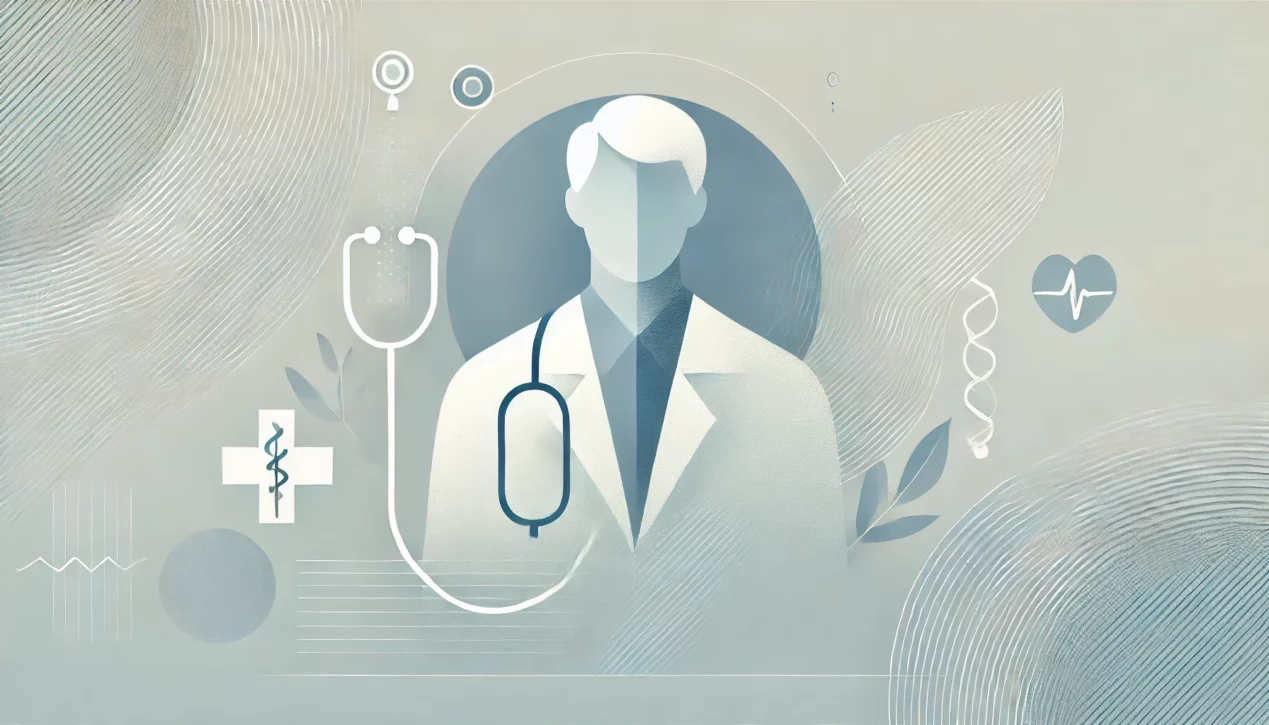A recent study published in JAMA Network Open highlights the critical role that primary care physicians (PCP) could play in treating opioid addiction with medication. The research, led by Dr. Brandon del Pozo and his team, reveals that many people are unaware that their primary care doctor can prescribe buprenorphine, a medication that has proven effective in treating opioid addiction.
Increasing Access to Essential Treatment
The opioid crisis has led to changes in federal policy aimed at making it easier for doctors to prescribe buprenorphine by removing specialized training requirements and lifting patient limits. Despite these changes, there is still a large gap between the number of people who need buprenorphine and the number who receive it in primary care settings. This study surveyed a representative sample of adults across the country to understand public awareness and attitudes toward receiving opioid addiction treatment from their primary care doctor.
Key Findings
The survey included 1,234 respondents from various backgrounds:
- 56.5% were female, and 43.5% were male
- 11.5% identified as Black, 15.2% as Hispanic or Latino, 68.4% as White, and 4.8% as other or multi-racial
The results showed that a majority of respondents (61.4%) did not know that primary care doctors could prescribe buprenorphine, and 13.3% incorrectly believed that they could not. However, there was strong support for primary care doctors providing opioid addiction treatment, with 53.9% agreeing and 24.9% strongly agreeing that they should.
Comfort with Treatment from Primary Care Doctors
The study also looked at how comfortable people would feel seeking or referring others to their primary care doctor for buprenorphine treatment. Among those who had used opioids:
- 50.6% said they would be very comfortable seeking treatment from their primary care doctor
- 30.7% said they would be somewhat comfortable
Among those who had not used opioids:
- 31.9% said they would be very comfortable referring someone to their primary care doctor for treatment
- 42.0% said they would be somewhat comfortable
Implications and Future Directions
Dr. del Pozo and his team emphasize that increasing public knowledge about the availability of buprenorphine from primary care doctors is essential for expanding access to this life-saving treatment. With around 209,000 primary care doctors across the United States, the healthcare system has a significant opportunity to improve the reach and effectiveness of opioid addiction treatment.
The study highlights the importance of educational campaigns and support for primary care doctors to encourage them to offer buprenorphine treatment. As the fight against the opioid epidemic continues, the role of primary care in providing accessible and comprehensive treatment options will be crucial.
This important research shows the untapped potential of primary care doctors in addressing the opioid crisis with buprenorphine treatment. By raising public awareness and providing support to doctors, the healthcare system can make significant progress in reducing overdose deaths and improving the lives of people with opioid addiction.
For more details, read the full study published in JAMA Network Open here.




